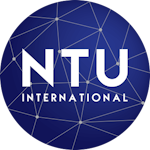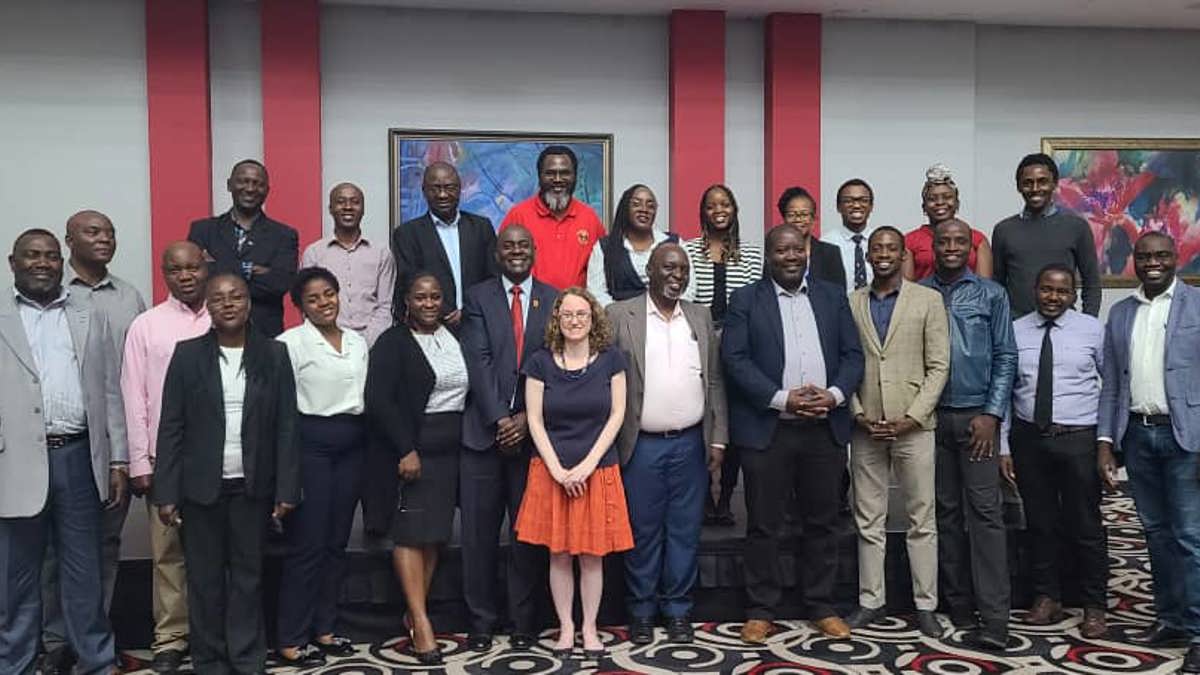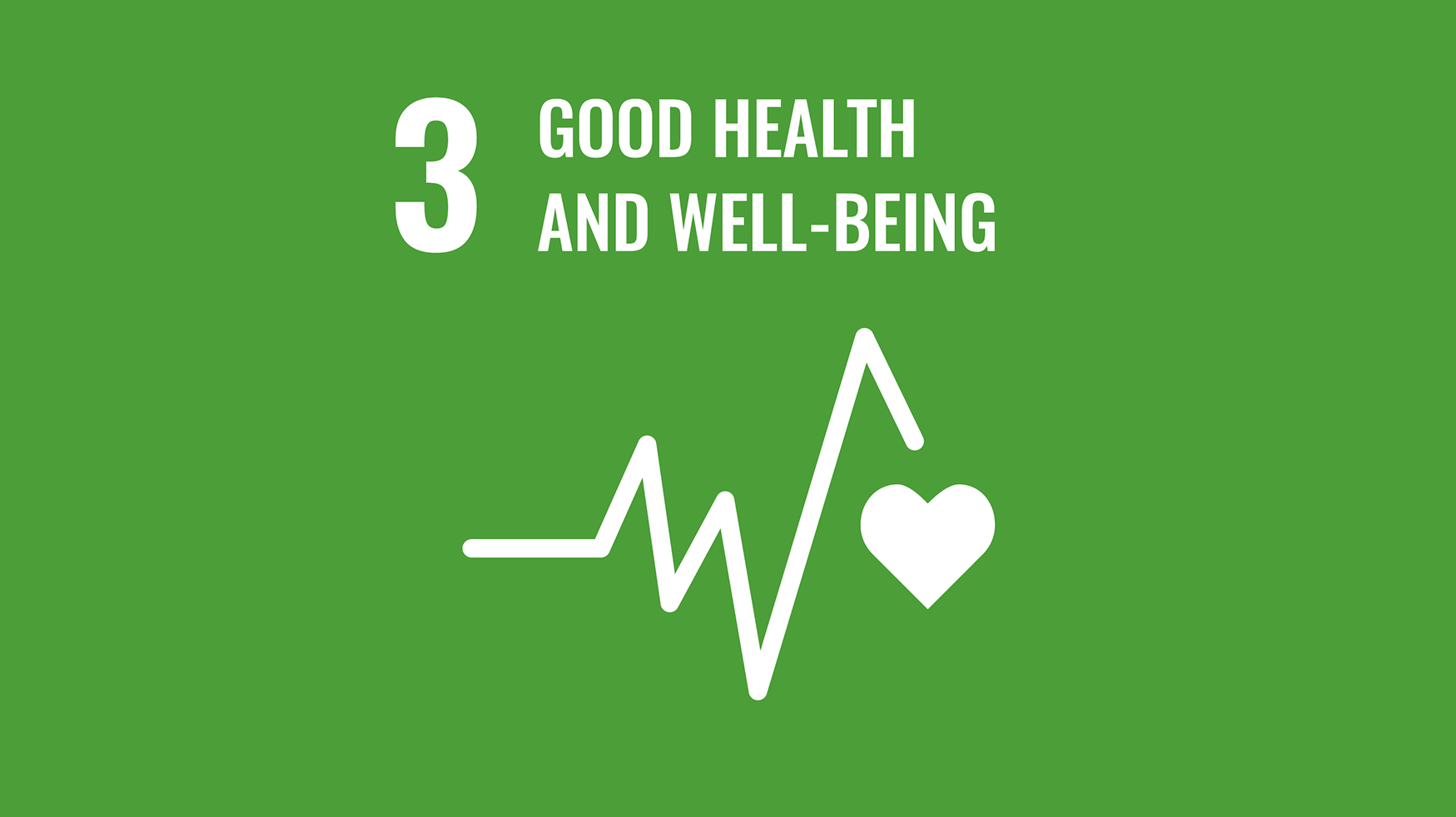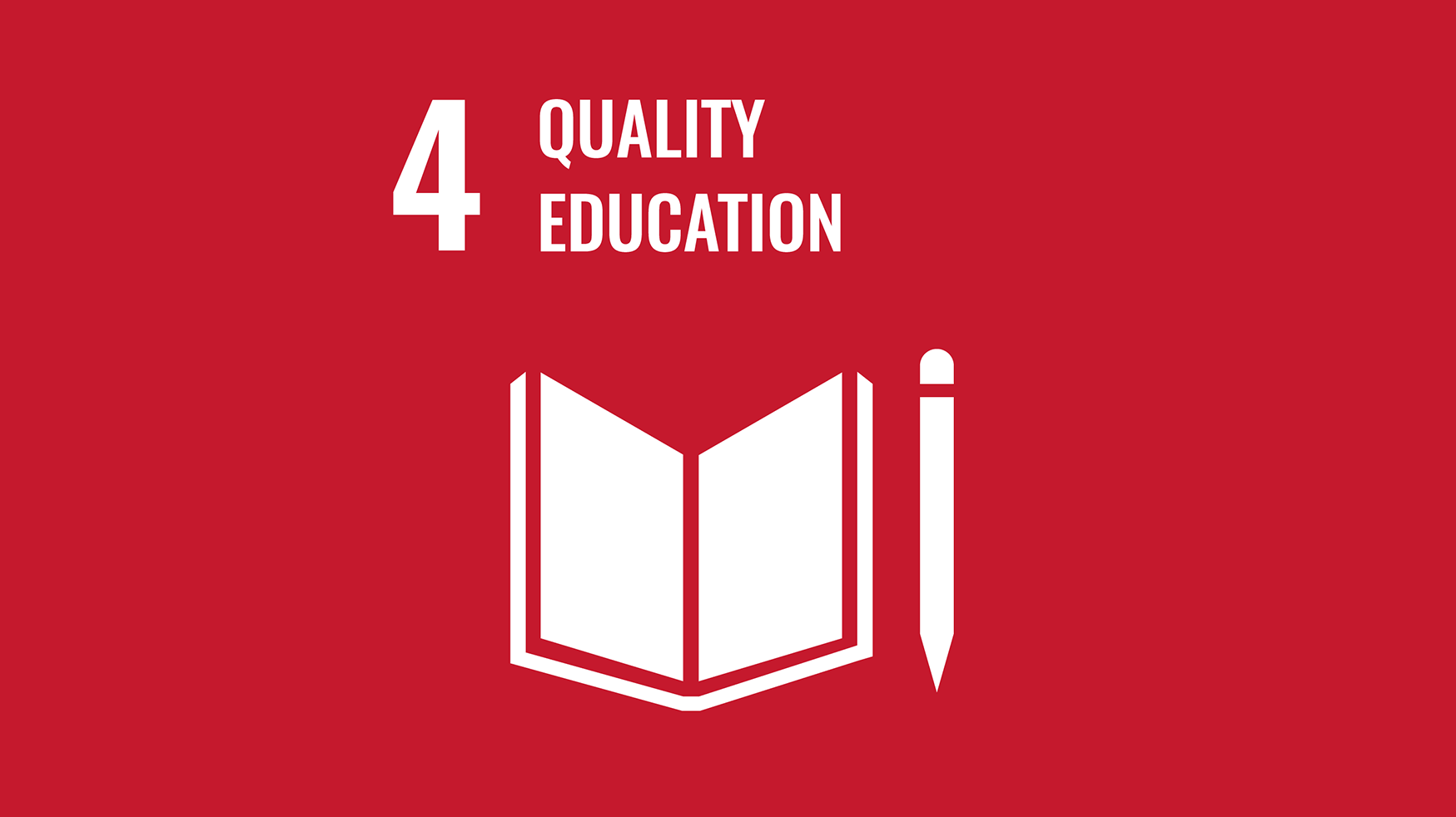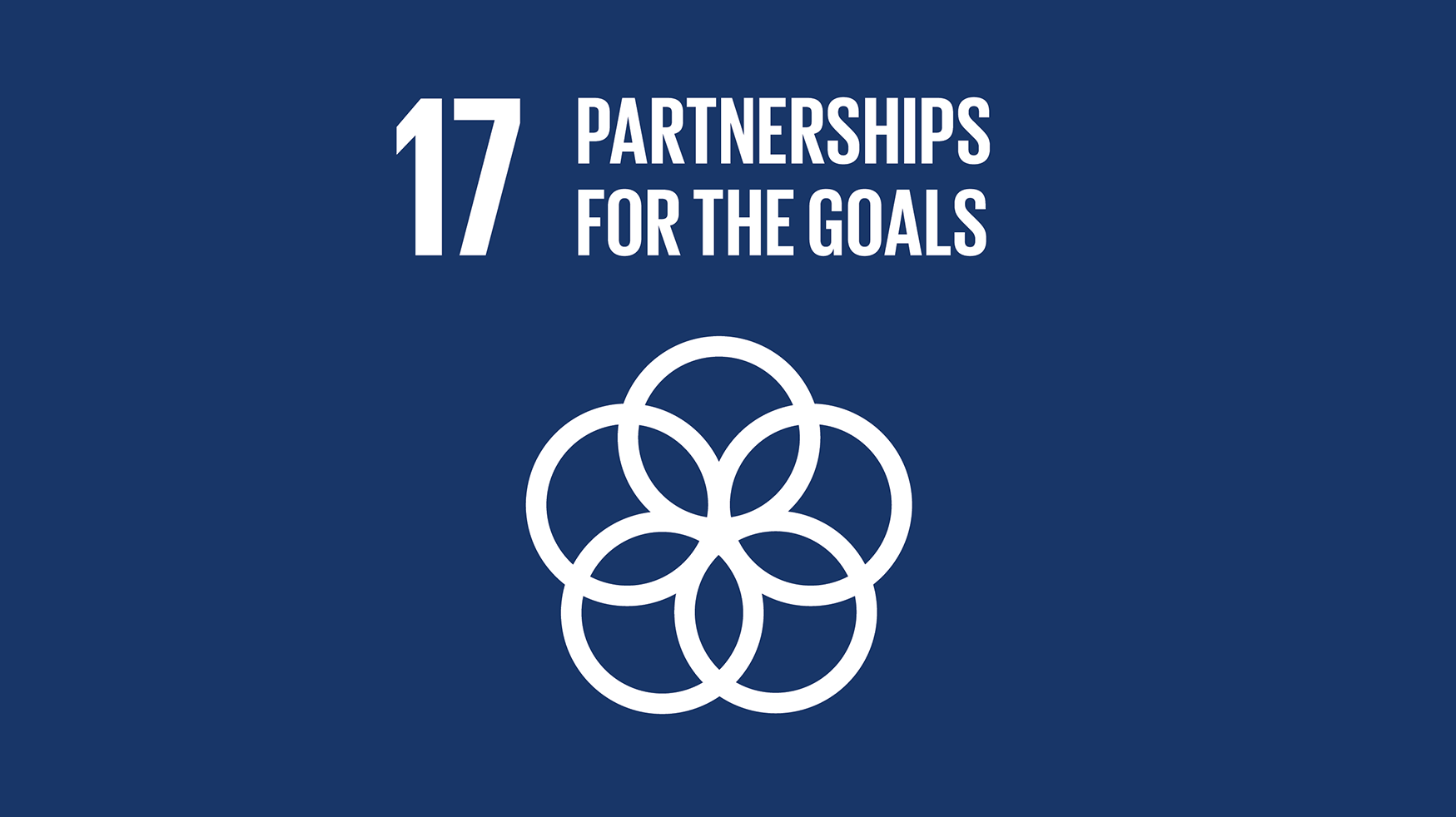
At NTU International, we are proud to be part of the AfroSAFE project, a Horizon Europe initiative focused on Safe System for radically improving road safety in low- and middle-income African countries. Running from September 2022 to August 2026, this project is funded by the European Commission with a total budget of EUR 4 million. It is an ambitious initiative aimed at improving road safety and post-crash care across Ghana, Zambia and Tanzania. Aligned with the African Union’s Agenda 2063 and the United Nations Decade of Action for Road Safety, AfroSAFE focuses on creating sustainable, context-specific solutions to address the high incidence of road traffic injuries and fatalities on the continent.

Implementation
Our work as a Leader of Work Package 6 (WP6) specifically targets the critical phase of post-crash care, an area that can make the difference between life and death for road crash victims. Through this initiative, NTU is researching ways to transform emergency response systems, healthcare capacity, and stakeholder coordination to support recovery in the wake of road crashes.
Post-crash care is not merely a healthcare issue - it is a collaborative endeavour requiring the seamless integration of multiple systems, including emergency services, healthcare facilities, and community networks. NTU’s role in WP6 involves bridging these systems to create a cohesive response framework tailored to Africa’s unique challenges and opportunities.
To ensure that interventions are targeted and effective, NTU has conducted in-depth analyses of crash-prone corridors, existing stakeholders, and current initiatives in Ghana, Zambia and Tanzania. This mapping process has uncovered important gaps in resources, training, and coordination. Our findings indicate that while some emergency services are well-staffed (such as Ghana’s Emergency Medical Services), they often lack essential equipment like extrication tools. Similarly, fire services and police units face training deficits and limited interoperability. These challenges are exacerbated by inadequate facilities at hospitals, which often struggle with equipment shortages and a lack of dedicated trauma-healing therapies.
NTU’s work on the AfroSAFE project reflects our commitment to driving meaningful change through evidence-based solutions and collaborative partnerships. We look forward to continuing our collaboration with international partners, African institutions, and local communities to advance road safety and emergency care.
Impact
-
Contributing to the global target of reducing road fatalities and serious injuries by 50% by 2030 in participating African countries.
-
Capacity Building: Training 20-30 practitioners per partner country in infrastructure safety management and vehicle inspection tools; Educating 300-400 professionals across the African continent during the project, facilitated by the virtual centre of excellence.
-
Pilot Programs: A pilot project in each partner country for post-crash care for testing solutions and exploring their replicability; Approximately 100 professionals per country to be impacted by post-crash care pilot activities.

SDGs:
